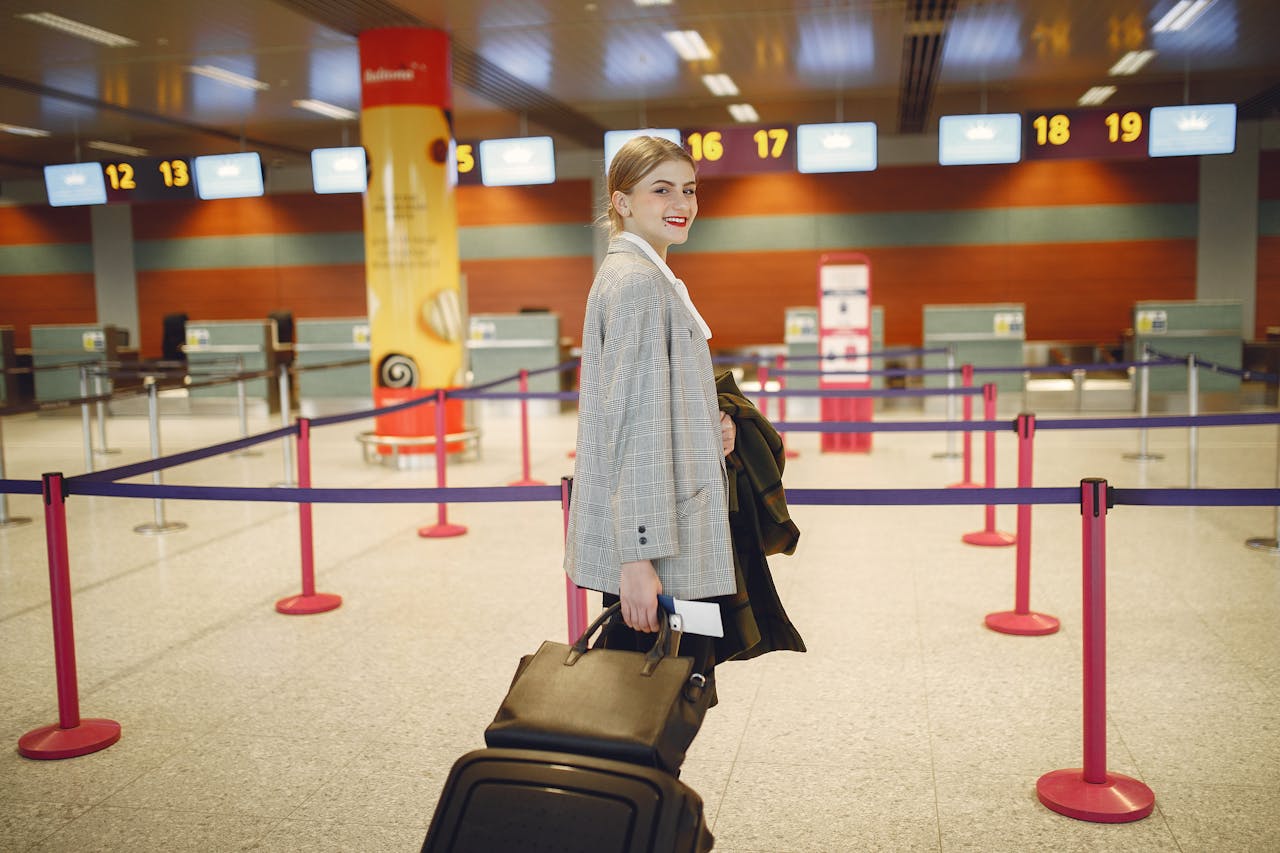Traveling internationally is an exciting adventure, but it can also be costly if not approached with careful planning and budgeting. Whether you’re exploring new cultures, sampling exotic cuisines, or marveling at iconic landmarks, smart financial management can significantly enhance your travel experience by allowing you to make the most of every dollar spent.
Importance of Budgeting and Saving Money While Traveling Internationally
Budgeting is essential when traveling abroad to ensure you can afford all the experiences you desire without overspending. It helps you prioritize your expenses, whether it’s flights, accommodations, dining, or activities, and allows you to allocate funds accordingly. By setting a budget, you not only control your spending but also gain peace of mind knowing you won’t face financial stress during or after your trip.
Saving money while traveling internationally is equally crucial. Every dollar saved can be reinvested into more experiences, extending your travel or enhancing the quality of activities you participate in. Whether you’re a budget traveler looking to stretch every penny or someone seeking luxury experiences without breaking the bank, smart saving strategies can make your travel dreams more achievable.
Overview of How Smart Planning Can Enhance the Travel Experience
Smart planning involves researching destinations, understanding local costs, and taking advantage of discounts and opportunities to maximize value. It enables you to uncover hidden gems and experiences that fit your budget, ensuring you get the most out of your travel investment.
Additionally, planning ahead allows you to anticipate and mitigate potential financial pitfalls such as unexpected expenses or fluctuating exchange rates. It gives you the flexibility to make informed decisions about where and how to spend your money, whether it’s on a spontaneous adventure or a well-researched cultural tour.
Ultimately, by combining budgeting, saving, and smart planning, travelers can not only enjoy a more affordable trip but also immerse themselves more deeply in the local culture, forge meaningful connections, and create lasting memories—all while staying within their financial means.
1. Pre-Travel Planning
- Research and book flights in advance: Start looking for flights early to catch lower prices before they go up closer to your travel date.
- Consider alternative airports or airlines for cheaper options: Sometimes nearby airports or less popular airlines offer better deals.
- Use flight comparison websites and tools to find the best deals: Websites like Skyscanner or Google Flights can compare prices across different airlines and dates.
- Take advantage of travel rewards programs and miles: If you have frequent flyer miles or loyalty points, use them to save on flights or upgrades.
2. Accommodation
- Opt for budget-friendly accommodations such as hostels, guesthouses, or vacation rentals: These options are often cheaper than hotels and can offer a more local experience.
- Consider staying outside of city centers for lower prices: Accommodations in the outskirts or nearby towns can be more affordable.
- Look for deals and discounts on accommodation booking websites: Websites like Booking.com or Airbnb often have promotions or last-minute deals.
- Consider alternatives like house-sitting or couch-surfing for free accommodation: Platforms like TrustedHousesitters or Couchsurfing can connect you with hosts offering free stays.
3. Transportation
- Use public transportation instead of taxis or rental cars where possible: Buses, trains, or metros are usually cheaper and can give you a glimpse into local life.
- Research local transportation passes or cards for tourists: Many cities offer tourist passes for unlimited travel on public transport.
- Walk or bike in pedestrian-friendly cities to save on transportation costs: Exploring on foot or renting a bike can save money and let you see more.
- Consider carpooling or ride-sharing options for longer distances: Apps like BlaBlaCar or UberPOOL can help split costs with other travelers.
4. Dining and Food
- Eat where locals eat to find authentic and affordable meals: Local cafes and eateries often have better prices and more authentic cuisine.
- Avoid touristy areas where prices tend to be higher: Restaurants near major attractions can be pricey; venture a bit further for better deals.
- Cook some meals if staying in accommodations with kitchen facilities: Buying groceries and cooking can save money, especially for breakfast or lunch.
- Look for street food and markets for inexpensive dining options: Street vendors and food markets offer delicious meals at lower prices.
5. Sightseeing and Activities
- Prioritize free or low-cost attractions and activities: Museums, parks, and cultural sites often have free days or discounted tickets.
- Take advantage of free guided tours or walking tours offered by locals: Many cities offer free walking tours led by locals who share their knowledge and insights.
- Research discounts or special offers for museums, attractions, and tours: Websites like Groupon or local tourism boards may have discounts.
- Explore outdoor activities and nature reserves which are often free or low-cost: Hiking, beaches, and nature walks can provide memorable experiences without breaking the bank.
6. Money Management
- Use credit cards with no foreign transaction fees: Avoid extra charges by using cards designed for international travel.
- Withdraw cash in local currency from ATMs to avoid currency exchange fees: ATMs usually offer better exchange rates than currency exchange desks.
- Monitor exchange rates and exchange money at favorable rates: Keep an eye on currency trends and exchange when rates are advantageous.
- Budget daily expenses and track spending to stay within limits: Set a daily budget to manage expenses and avoid overspending.
7. Miscellaneous Tips
- Pack light to avoid baggage fees: Pack essentials and check airline baggage policies to avoid extra costs.
- Bring reusable water bottles and snacks to save on buying them while out: Stay hydrated and fueled up without spending on bottled drinks or snacks.
- Research and purchase travel insurance to cover unexpected costs: Protect yourself financially against medical emergencies, trip cancellations, or lost luggage.
- Learn basic phrases in the local language to facilitate communication and avoid misunderstandings: Knowing a few local phrases can enhance your travel experience and interactions.
Conclusion
- Summarize the key strategies for saving money while traveling internationally: Highlight the importance of planning, budgeting, and making informed choices.
- Encourage readers to plan ahead and prioritize experiences that align with their budget: Emphasize that saving money doesn’t mean sacrificing experiences but rather enhancing them thoughtfully.
- Highlight the importance of balancing savings with enjoying the travel experience: Travel is about making memories; smart planning ensures you can make the most of your adventures without financial stress.



